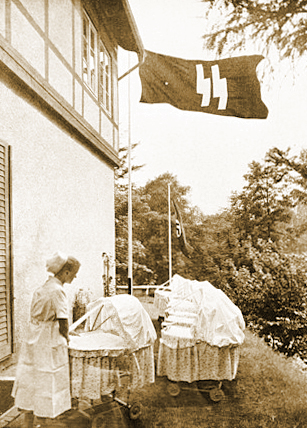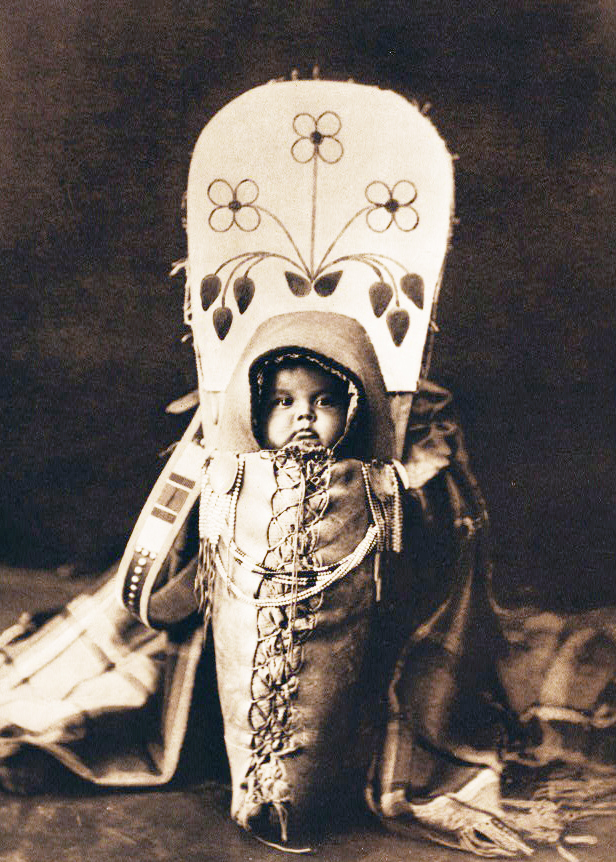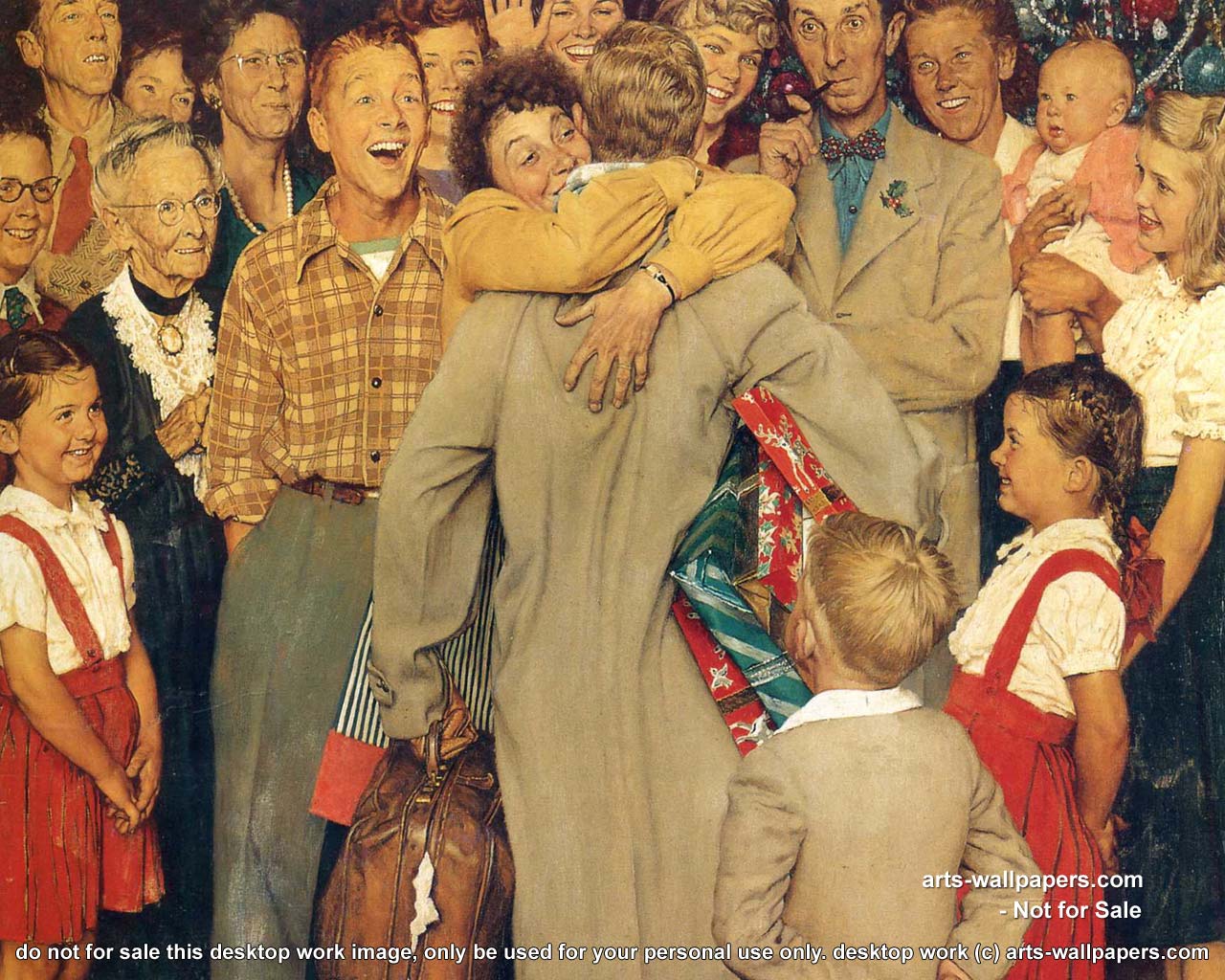
Never forget the sexual side of the destruction of the white race. Below, “Sexual Liberation & Racial Suicide,” a Roger Devlin address given at The Occidental Quarterly Editor’s Dinner on October 30, 2008 in Atlanta, Georgia.
What is “sexual liberation”? It is usually spoken of by way of contrast with the constraints of marriage and family life. It would seem to be a condition under which people have more choice than under the traditional system of monogamy. Hugh Hefner’s “Playboy philosophy” seemed to offer men more choices than just sleeping with the same woman every night for fifty years. Feminism promised women it would liberate them from “domestic drudgery” and turn marriage and motherhood into just one among many lifestyle choices.
On the other hand, there was always an element of free choice even regarding marriage: one may choose whether, and to a certain extent whom, one will marry. Indeed, marriage is perhaps the most important example of a momentous life choice. But on the traditional view you cannot make your choice and still have it. Once one takes the vow and enters into the covenant, ipso facto one no longer has a choice. In other words, marriage is a one-way nonrefundable ticket. Your wife is your choice even if she eventually displeases you in certain ways, as all mortal wives necessarily must. Keeping your choice of mate open forever is called “celibacy.”
Ultimately, the ideal of sexual liberation rests upon a philosophical confusion which I call the absolutizing of choice. The illusion is that society could somehow be ordered to allow us to choose without thereby diminishing our future options. Birth control, abortion, the destigmatizing of fornication and homosexuality, arbitrary and unilateral divorce—all these have been pitched to us as ways of expanding our choices.
Now, I am in favor of giving people all the choice they can stand. But I would like to be careful about what this means: analysis will reveal that the term “choice” has distinct and partly contradictory senses which may not be equally applicable in all contexts. In other words, choice is not a single thing which can be expanded indefinitely at no cost; the appearance of greater choice in one area can be shown to entail reducing one’s possibilities in another.
One perfectly legitimate sense of choosing is doing as one desires. When we are asked to choose a flavor of ice cream, e.g., all that is meant is deciding which flavor would be the most pleasing to us at the moment. That is because the alternative of chocolate or strawberry involves no deep, long-term consequences. But not all choices can be like this.
Consider, for example, a young man’s choice of vocation. One of the charms of youth is that it is a time when possibility overshadows actuality. One might become a brain surgeon, or a mountain climber, or a poet, or a statesman, or a monk. It is natural and good for boys to dream about all the various things they might become, but such daydreams can breed a dangerous illusion: that, where anything is still possible, everything will be possible. This is only true in the case of trivial and inconsequential matters. It is possible to sample all of Baskin-Robbins’ thirty-one flavors on thirty-one successive days. But it is not possible to become a brain-surgeon and a mountain climber and a poet and a statesman and a monk. A man who tries to do so will only fail in all his endeavors.
The reason for this, of course, is that important enterprises demand large amounts of time and dedication, but the men who undertake them are mortal. For every possibility we realize, there will be a hundred we must leave forever unrealized; for every path we choose to take, there will be a hundred we must forever renounce. The need for choice in this sense is what gives human life much of its seriousness. Those who drift from one thing to another, unable to make up their minds or finish anything they have begun, reveal thereby that they do not grasp an essential truth about the human condition. They are like children who do not wish to grow up.
Now, sexual choices, especially for women, are analogous to a man’s in regard to his calling. Inherently, they cannot be made as easy and reversible as choosing flavors of ice cream.
But this is what sexual liberation attempts to do. The underlying motive seems to be precisely a fear of difficult choices and a desire to eliminate the need for them. For example, a woman does not have to think about a man’s qualifications to be a father to her children if a pill or a routine medical procedure can remove that possibility. There is no reason to consider carefully the alternative between career and marriage if motherhood can be safely postponed until the age of forty (as large numbers of women now apparently believe). What we have here is not a clear gain in the amount of choice, but a shift from one sense of the word to another—from serious, reflective commitment to merely doing as one desires at any given time. Like the dilettante who dabbles in five professions without finally pursuing any, the liberated woman and the playboy want to keep all their options open forever: they want eternal youth.
The attempt to realize a utopia of limitless choice in the real world has certain predictable consequences: notably, it makes the experience of love one of repeated failure. Those who reject both committed marriage and committed celibacy drift into and out of a series of what are called “relationships,” either abandoning or being abandoned. The lesson inevitably taught by such experiences is that love does not last, that people are not reliable, that in the end one has only oneself to fall back on, that prudence dictates always looking out for number one. And this in turn destroys the generosity, loyalty, and trust which are indispensable for family life and the perpetuation of our kind.
Most of those who have obeyed the new commandment to follow all of their hearts’ desire do not appear to me to be reveling in a garden of earthly delights. Instead I am reminded of the sad characters from the pages of Chekhov: sleepwalking through life, forever hoping that tomorrow things will somehow be changed for the better as they blindly allow opportunities for lasting happiness to slip through their fingers. But this is merely the natural outcome of conceiving of a human life as a series of revocable and inconsequential choices. We are, indeed, protected from certain risks, but have correspondingly little to gain; we have fewer worries but no great aspirations. The price we pay for eliminating the dangers of intimacy is the elimination of its seriousness.
In place of family formation, we find a “dating scene” without any clear goal, in which men and women are both consumed with the effort to get the other party to close options while keeping their own open. There is a hectic and never-ending jockeying for position: fighting off the competition while keeping an eye out for a better deal elsewhere. The latest “singles” fad, I am told, is something called speed dating, where men and women interact for three minutes, then go on to someone else at the sound of a bell.
Sex belongs to early adulthood: one transient phase of human life. It is futile to attempt to abstract it from its natural and limited place in the life-cycle and make it an end in itself. Sustainable civilization requires that more important long term desires like procreation be given preference over short term wishes which conflict with them, such as the impulse to fornicate.
The purpose of marriage is not to place shackles upon people or reduce their options, but to enable them to achieve something which most are simply too weak to achieve without the aid of a social institution. Certain valuable things require time to ripen, and you cannot discover them unless you are faithful to your task and patient. Marriage is what tells people to stick to it long enough to find out what happens. Struggling with such difficulties—and even periods of outright discouragement—is part of what allows the desires of men and women to mature and come into focus. Older couples who have successfully raised children together, and are rewarded by seeing them marry and produce children of their own, are unlikely to view their honeymoon as the most important event of their marriage.
People cannot know what they want when they are young. A young man may imagine happiness to consist in living on Calypso’s Island, giving himself over to sexual pleasure without ever incurring family obligations; but all serious men eventually find such a life unsatisfying. The term “playboy” was originally derogatory, implying that the male who makes pursuing women his highest end is not to be taken seriously. The type of man who thinks he’s hot stuff because he’s able to have one night stands will never raise sons capable of carrying on the fight for our embattled civilization.
Confusion about one’s desires is probably greater in young women, however. For this reason, it is misleading to speak of women “wanting marriage.” A young woman leafing through the pages of Modern Bride does not yet know what marriage is; all she wants is to have her wedding day and live happily ever after. She may well not have the slightest notion of the duties she will be taking on.
Parenthood is what really forces young men and women to grow up. Young men whose idea of the good life was getting drunk, getting laid, and passing out suddenly start focusing on career planning and building capital. They find it bracing to have a genuinely important task to perform, and are perhaps surprised to find themselves equal to it.
But without the understanding that marriage is an inherently irreversible covenant, both men and women succumb to the illusion that divorce will solve the “problem” of dissatisfaction in marriage. They behave like the farmer who clears, plows, and plants a field only to throw up his hands on the first really hot and sweaty day of work, exclaiming: “Farming is no fun! I’m going to do something else!” And like that farmer, they have no one to blame but themselves when they fail to harvest any crops.
Understanding the marriage bond as an irreversible covenant similarly influences the way economic activity and property are understood. Rather than being a series of short-term responses to circumstance, labor and investment become an aspect of family life transcending the natural life span of any individual. From a mere means to consumption, wealth becomes a family inheritance. In Burke’s fine words: “The power of perpetuating our property in our families is one of the most valuable and interesting circumstances belonging to it, and that which tends most to the perpetuation of society itself.” By contrast, the characteristically modern view of property finds its clearest expression in the title of a bestselling 1998 financial planning guide: Die Broke. This amounts to a scorched earth policy for our own civilization. Perhaps someday the author will favor us with a sequel entitled Die Alone or Die Childless.
But not everyone is equally receptive to this kind of message. Women in parts of West Africa are averaging over eight children apiece. The revolt against marriage and childrearing is an overwhelmingly white phenomenon. It is primarily in white countries that the birthrate has fallen below replacement level. It would behoove racially conscious whites, therefore, not to ignore the sexual side of the revolt against our civilization, nor shortsightedly to limit our attention to the single issue of miscegenation. The homosexual bathhouse view of sex as merely a means to personal pleasure attacks our race from within and at its source. As much as with inimical races and racial ideologies, our survival will depend upon our ability to organize effective resistance.
When we look around at all the forces arrayed against our race, it can be daunting. How can we fight them all? Are circumstances right? Would we be ready even if they were? And what to do in the meantime?
The situation becomes a lot less daunting when we realize that the first battle, and the first victory, must take place within ourselves.
 Higher moral ground, really? I will still dedicate this day to finish correcting the syntax of the third book of my trilogy in Spanish, which I will start translating into English when I can. I believe it can greatly help noble whites (not the ignoble ones who say things like the above) to save their race by abandoning all vestiges of Christian ethics, which includes the ‘human rights’ of the French revolutionaries.
Higher moral ground, really? I will still dedicate this day to finish correcting the syntax of the third book of my trilogy in Spanish, which I will start translating into English when I can. I believe it can greatly help noble whites (not the ignoble ones who say things like the above) to save their race by abandoning all vestiges of Christian ethics, which includes the ‘human rights’ of the French revolutionaries.










